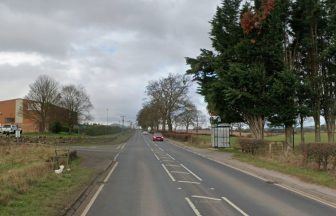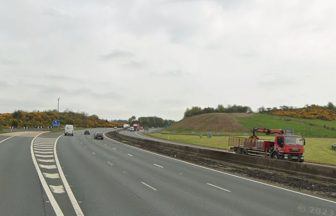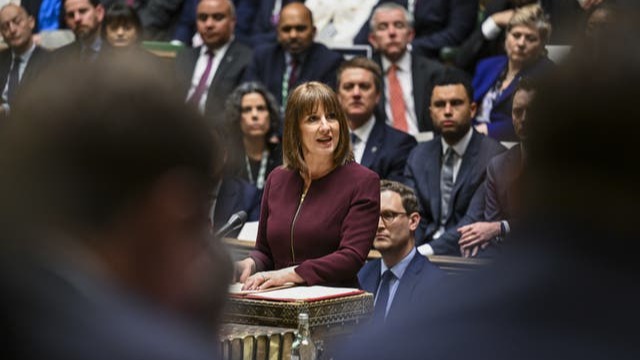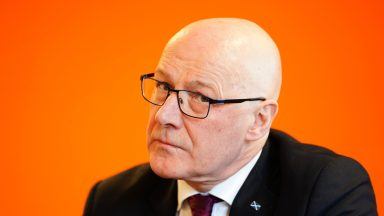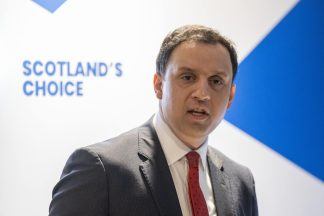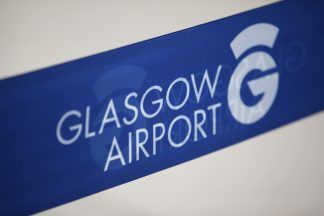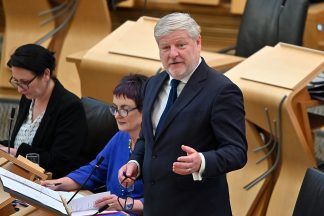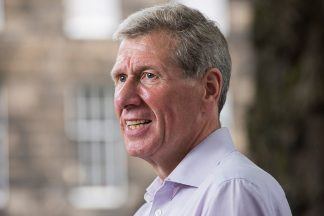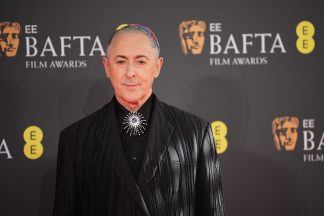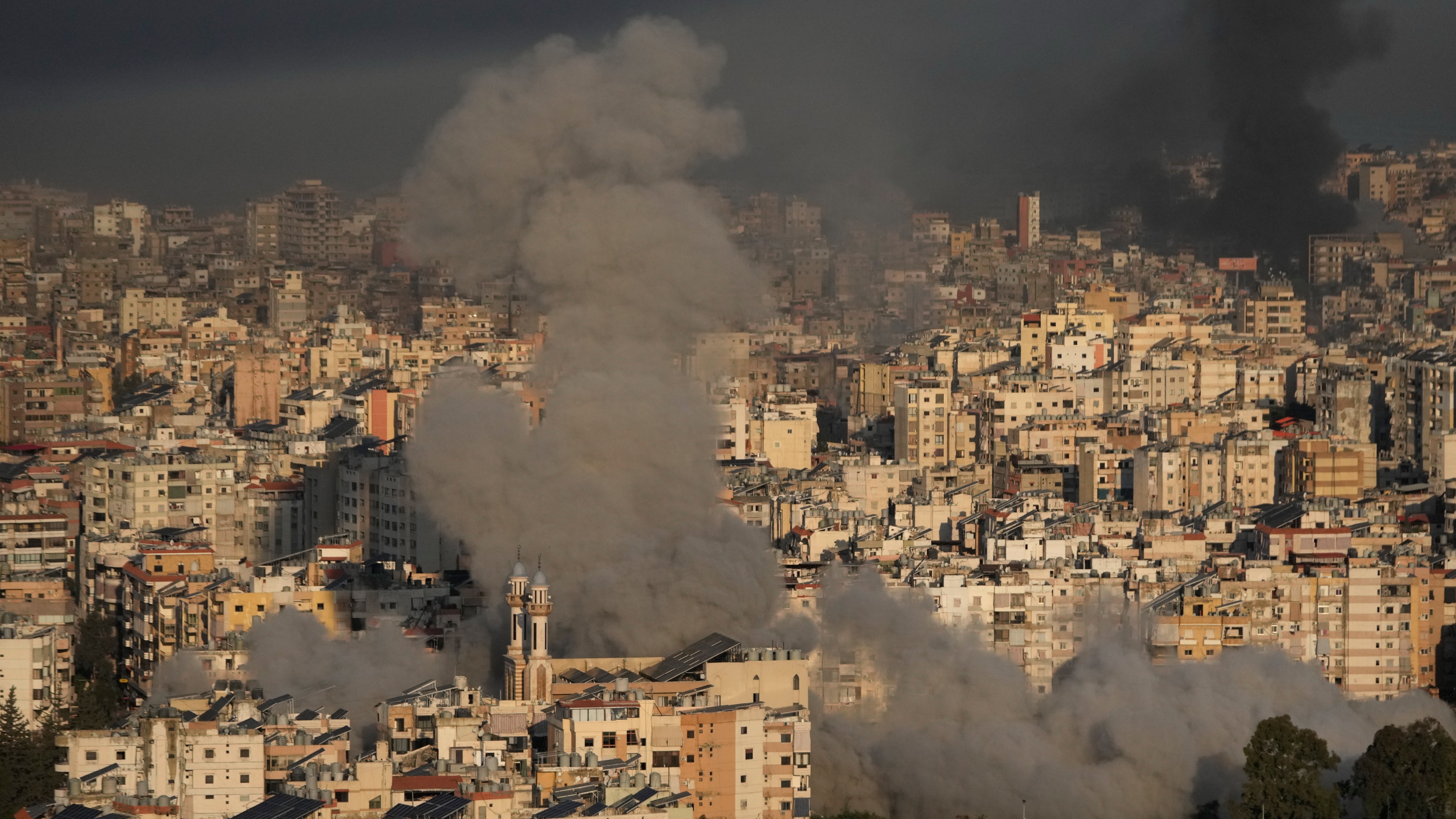Countries must deliver on the commitments they made last week at the COP26 talks, conference president Alok Sharma has said as the business end of the negotiations loom.
The UN climate talks are entering their second week with ministers arriving for the political stage of the negotiations, while Monday also sees a focus on support for poorer countries to cope with climate change.
It comes after leaders and countries signed up to a range of initiatives last week from tackling deforestation to curbing coal power and cutting methane to prevent dangerous global warming.
Sharma said finding consensus among almost 200 countries – needed for agreement under the UN climate system – was not going to be straightforward but progress last week demonstrated a “constructive spirit” among negotiators.
The announcements countries made last week are not necessarily included in their national plans for action this decade, which leave the world far off track on meeting the internationally agreed goal of trying to limit global warming to 1.5C to avoid the worst impacts of climate change.
Negotiators are trying to hammer out a “cover decision” from Glasgow that will set out how countries will close the gap between the action plans to cut emissions in this decade and what is needed to avoid temperature rises of more than 1.5C.
Vulnerable countries are pushing for nations to revisit their plans, known as nationally determined contributions (NDCs), annually to close the gap, but others are pushing back against speeding up the process from its five-yearly cycle.
Sharma said: “Here in Glasgow we have a unique opportunity to reach a historic outcome and I am committed to bringing countries together to forge an agreement that means we see more action this decade, which helps to keep the 1.5C temperature limit within reach.”
He said there was a need for urgency in the negotiations, and warned: “Last week countries made commitments which will all help to protect our planet but they must be delivered on and accounted for.”
Making sure countries increase ambition this decade is one of the issues up for debate, along with finance for poorer countries to develop cleanly and cope with climate impacts, and funding for them to deal with loss and damage.
Ministers also need to hammer out the last parts of the Paris Agreement – under which countries agreed in 2015 to limit temperature rises to “well below” 2C, or 1.5C to prevent the worst impacts of warming – to make it operational.
On Monday morning countries will meet for a presidency update on the past week and progress of the negotiations.
Over the weekend, campaigners at Greenpeace accused Saudi Arabian negotiators of trying to block the “cover decision” – a final statement from COP26 that could include a commitment to accelerate action to meet the 1.5C goal – and hold up efforts on adaptation.
Meanwhile the UK, as host of the summit, is putting the focus on Monday on supporting developing countries with adapting to climate impacts, and addressing loss and damage caused by rising seas, increasingly intense storms, droughts and wildfires.
As part of its focus, the UK Government has announced plans to invest almost £300m to help the most vulnerable countries fight the impacts of rising temperatures.
International Trade Secretary Anne-Marie Trevelyan will convene a ministerial session with ministers from at least 26 countries and regions, including the US and the European Commission.
Trevelyan, the UK Government’s champion for adaptation and resilience at COP26, will urge nations to do more to support developing countries, while announcing a financial pledge from Westminster.
It comes as a report from Christian Aid warns that some of the most vulnerable countries could suffer an average 64% hit to their economy by 2100 under current policies for tackling climate pollution.
Sharma said that on Monday the spotlight would be on those nations that were most vulnerable – which would still suffer negative consequences from rising temperatures even if pollution stopped tomorrow – and they would be so throughout the negotiations.
“They, and the generations to come, will not forgive us if we fail to deliver in Glasgow.”
As the talks enter their second week, former US president Barack Obama – a veteran of the failed UN climate summit in Copenhagen and the successful meeting in Paris which secured the world’s first comprehensive climate treaty – will be at a series of events in Glasgow.
They include a speech laying out the progress made in the five years since the Paris Agreement took effect, highlighting the leadership of young people around the globe, and urging more robust action from governments, the private sector, philanthropy and civil society.
He will also meet young leaders attending COP26 to discuss how their generation is leading the fight against climate change.
Follow STV News on WhatsApp
Scan the QR code on your mobile device for all the latest news from around the country


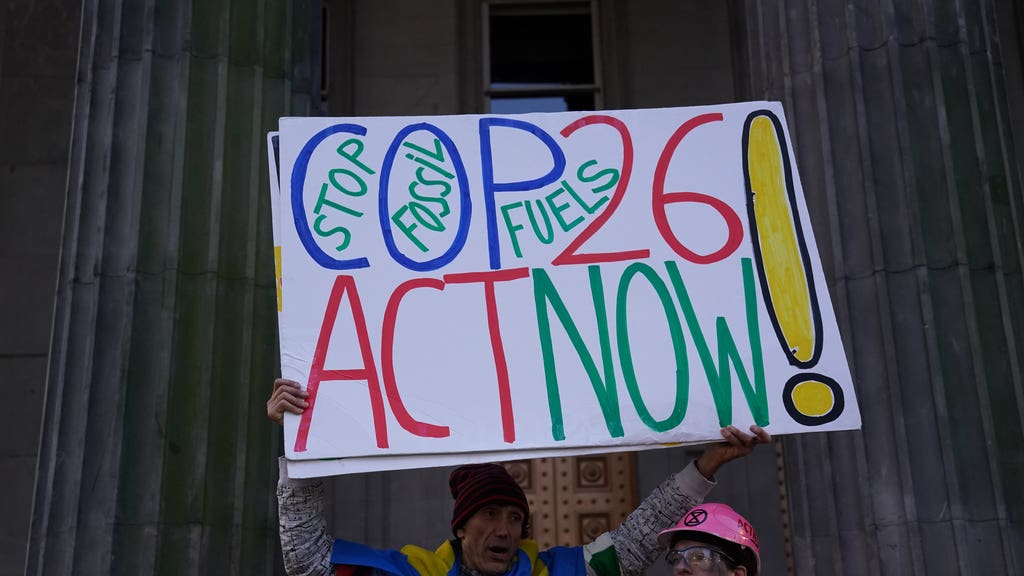 PA Media
PA Media






